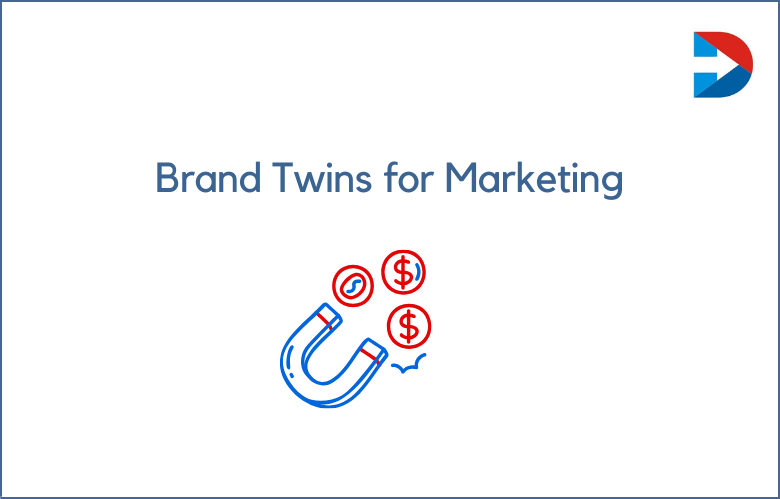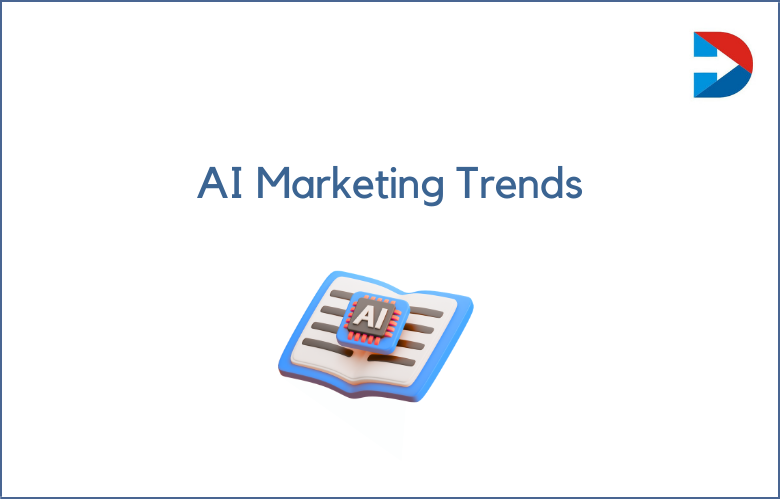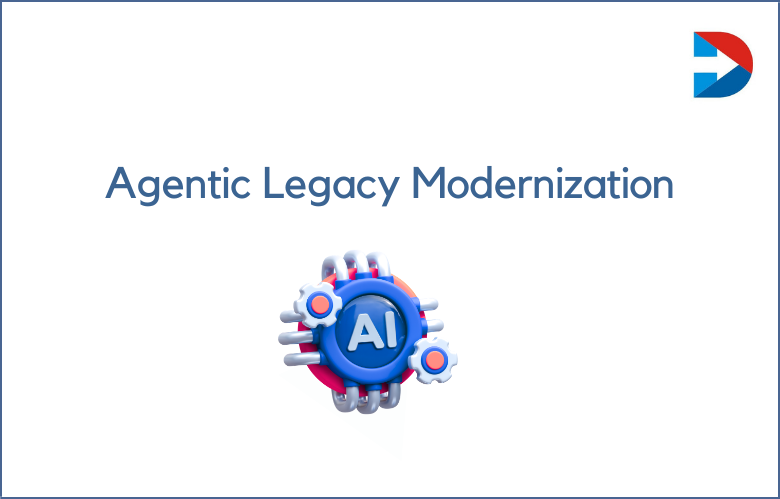
Content marketing has come a long way since the inception of the internet. From keyword stuffing to personalized content, marketing strategies have always been in a constant state of evolution. With the advent of artificial intelligence (AI), the marketing landscape is changing rapidly. The use of AI in marketing has increased efficiency and paved the way for more targeted and personalized content. In this article, we will dive deeper into evolving content marketing strategies in the age of AI.
AI-Powered Analytic Tools:
Marketers have always relied on data to make informed decisions about their strategies. However, the manual process of analyzing data can be time-consuming and error-prone. This is where AI-powered analytic tools come into play. AI tools use machine learning algorithms to mine large data sets for insights that can help increase marketing campaign effectiveness. With AI, marketers can take off the burden of human error by relying on the reliability of AI-based algorithms to analyze, process, and interpret data.
Content Creation with AI:
Content creation is arguably the most significant aspect of content marketing. With AI, creating content has become more accessible, efficient, and precise. AI can instantly help make everything from posts to entire whitepapers, using natural language generation (NLG) supported by deep learning algorithms. In addition to saving time, AI can help create targeted and personalized content for specific audiences, allowing customers to receive customized experiences consistently.
Automation of Personalized Marketing Approach:
Personalized marketing is about attracting and delighting customers by delivering unique and customized experiences. However, as customer segments continue to grow, the human element can become limiting in creating memorable experiences for each individual.
AI algorithms are programmed to learn from customers’ behavior to create personalized content and offer to attract and deliver the targeted audience at the right time. This way, AI allows businesses to automate personalization at a large scale that would be impossible for human teams.
Smart Predictive Marketing:
Predictive analysis is an AI application that considers demographics, past behaviors, purchase history, and preferences to predict the future actions of customers. It can analyze customer interactions from multiple channels to comprehensively understand what customers want, including email, social media, website activity, and more.
AI-powered technologies can take over the job of analyzing these data points to provide accurate insights and predictions of customer behavior, helping content marketers tailor their approach and content.
Chatbots, AI, and Customer Experience:
With the advancement of AI, engaging in real-time personalized conversations with customers has become much more manageable. Chatbots powered by AI can engage customers in conversations and provide them with the required information.
These chatbots can be programmed to recognize customer preferences and optimize their experience based on historical behavior. As a result, content marketers can leverage AI-powered conversational interfaces to create a more personalized experience for customers when they need it the most.
The Future of Content Marketing: Embracing AI Technologies
Automation of Content Creation
The future of content marketing will likely involve using artificial intelligence (AI) technologies to automate content creation. AI-driven tools can quickly and efficiently generate high-quality content, allowing marketers to focus on more creative tasks. AI can also personalize content based on user preferences and behaviors, making it more engaging and effective.
Improved Targeting
AI technologies can also help marketers improve their targeting capabilities by providing insights into customer behavior and interests. AI-driven analysis can provide detailed information about user segments, allowing marketers to create targeted campaigns tailored to specific audiences. This improved targeting will help marketers reach the right people with the right message at the right time, increasing engagement and conversions.
Enhanced Analytics
AI can also enhance analytics capabilities, providing detailed insights into customer behavior and campaign performance. AI-driven analytics tools can detect patterns in data that would otherwise go unnoticed, allowing marketers to identify opportunities for improvement and take advantage of them quickly and effectively.
Automated Optimization
AI technologies can also be used for automated optimization of campaigns, ensuring they are always running at peak efficiency. AI-driven optimization algorithms can continuously analyze data in real-time and make adjustments as needed, improving performance without requiring manual intervention from marketers. This will allow them to focus on more strategic tasks instead of worrying about day-to-day optimizations.
Personalized Experiences
AI technologies will also enable marketers to create personalized customer experiences by understanding their needs better. AI-driven tools can analyze customer data to provide customized recommendations or even tailor campaigns around individual users’ interests and preferences, resulting in more effective marketing efforts.
Improved Customer Service
AI technologies will help improve customer service by providing faster response times and more accurate answers for customers who have questions or need assistance with a product or service. Many companies already use AI chatbots for this purpose, but advances in natural language processing technology will make this automation even more powerful.
Harnessing Artificial Intelligence: The Key to Cutting-edge Content Marketing
As technology evolves rapidly, businesses constantly seek new ways to stay ahead. One area that has seen significant development in recent years is the field of artificial intelligence (AI). With the ability to analyze vast amounts of data, identify patterns, and make predictions, AI is opening up incredible new business opportunities in various fields.
Content marketing is one area where AI is already having a significant impact. By harnessing the power of machine learning and natural language processing, businesses can create highly personalized, targeted content that resonates with their audience on a deeper level.
AI algorithms can analyze massive amounts of data, including social media posts, browsing history, and demographic information, to gain insights into what your target audience is looking for and what motivates them.
Content Marketing 2.0: Integrating AI for Unparalleled Success
As the world continues to evolve towards a more technologically advanced society, it is becoming increasingly clear that businesses must recognize the potential benefits of artificial intelligence (AI) in their marketing strategies.
The ability to analyze vast amounts of data and make predictions based on that data is a powerful tool that can significantly improve the effectiveness of content marketing. This approach, known as Content Marketing 2.0, aims to integrate AI into the existing content marketing framework to create unparalleled success in engagement and conversion rates.
One way in which AI can be integrated into content marketing is through predictive analytics. By analyzing user data, AI can predict with a high degree of accuracy which pieces of content will most likely be engaging and effective at converting visitors into customers. This approach can save considerable time and effort in content creation by focusing on the most promising topics and formats.
From Automation to Personalization: How AI is Transforming Content Marketing
In recent years, marketing has undergone a significant transformation thanks to the immense growth and advancement of Artificial Intelligence (AI). AI has revolutionized content marketing by enabling a shift from an automation-driven approach to a more personalized one. This change has allowed companies to tailor their content to meet their target audience’s individual needs and preferences, resulting in a more significant impact on their marketing efforts.
One way AI is transforming content marketing is through data analysis. With the help of machine learning algorithms, AI can analyze vast amounts of data and identify patterns and trends that can inform content creation. This data-driven approach allows marketers to develop more relevant content for their audience, leading to better engagement and conversion rates.
Conclusion:
To succeed as a content marketer today, businesses have to embrace AI technologies. Equally important is the understanding that these technologies can not replace human expertise but instead complement them. Content marketers leveraging AI-powered tools will experience better results and a competitive edge in today’s fast-changing world.
With AI, measuring marketing effectiveness, generating content, personalization, and predictive analysis is more accessible, allowing brands to create targeted, engaging content for their audiences while maximizing ROI. As a result, AI technologies are transforming the world of content marketing – making it more innovative and efficient.



